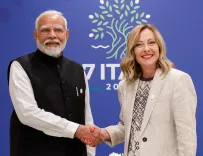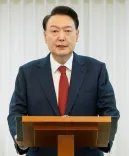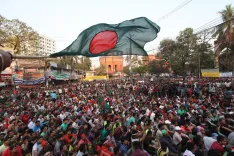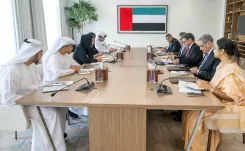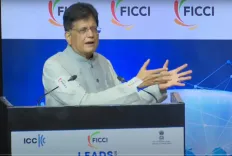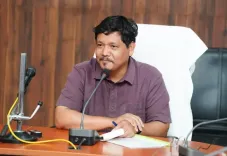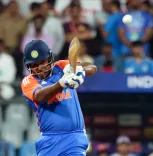How are India and the EU Collaborating to Combat Terrorism?
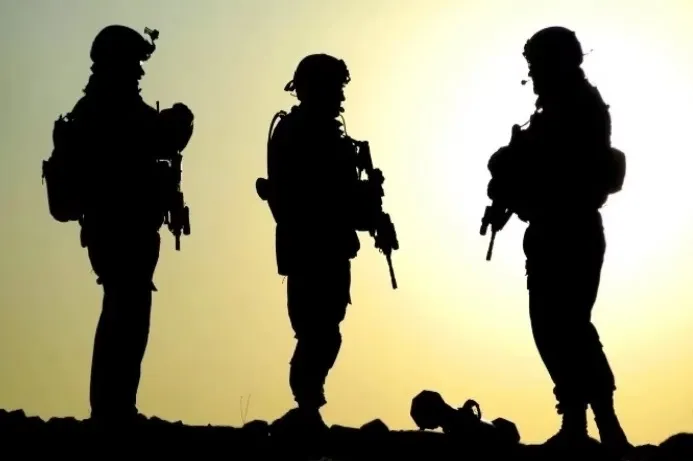
Synopsis
Key Takeaways
- Collaboration in counter-terrorism is essential for global security.
- Multilateral Cooperation can enhance efforts against terrorism.
- Emphasis on counter-terror financing is crucial.
- Addressing online radicalization is a priority.
- Future cooperation will focus on emerging technologies.
Brussels, Sep 10 (NationPress) India and the European Union (EU) convened for their 15th Joint Working Group Meeting on Counter Terrorism (CT) in Brussels, emphasizing their unequivocal condemnation of terrorism in all its forms, particularly cross-border terrorism. The two entities concurred that terrorism is a global challenge necessitating united and sustained action.
The dialogue, held on September 9, was co-chaired by Maciej Stadejek, Director for Security and Defence Policy in the European External Action Service, alongside K D Dewal, Joint Secretary (Counter-terrorism) in the Ministry of External Affairs.
In this context, both the EU and India highlighted the significance of collaboration within multilateral platforms such as the United Nations, the Global Counterterrorism Forum (GCTF), and the FATF. They engaged in a thorough exchange of insights regarding domestic, regional, and global threat assessments. The participants pointed out that conflicts and instability in diverse regions act as triggers for terrorism and violent extremism.
During the discussions, the EU and India provided updates on their respective counter-terrorism strategies and deliberated on crucial topics in the battle against terrorism. These discussions encompassed strategies to combat terrorist financing, prevent online radicalization, continue the exchange of information regarding the designation of terrorists and terrorist organizations, and tackle the implications of emerging technologies.
The two parties also examined opportunities to enhance their CT cooperation and pinpointed areas for future collaboration. The subsequent meeting of the Joint Working Group is scheduled to be held in New Delhi on a mutually agreeable date, as stated by the MEA.
Both parties condemned the tragic terrorist attack on April 22 in Pahalgam, with the EU extending its condolences to India for the loss of innocent lives. They reiterated the necessity for concerted action against terrorism, emphasizing the importance of multilateral cooperation.
Furthermore, the leaders discussed significant developments in bilateral relations, including trade, technology, investment, innovation, sustainability, defense, security, and supply chain resilience. Prime Minister Narendra Modi invited Antonio Costa and Ursula von der Leyen to visit India for the upcoming India-EU Summit, where they exchanged thoughts on pressing regional and global issues, including the Ukraine conflict.
As the world’s largest democratic forces, India and the EU share a robust relationship founded on trust, shared values, and a unified vision for the future. The leaders underscored the role of the India-EU Strategic Partnership in addressing global challenges, fostering stability, and promoting a rules-based order for mutual prosperity.
During the recent telephonic discussion, PM Modi reaffirmed India’s unwavering support for a peaceful resolution to the Ukraine conflict and the prompt restoration of peace and stability in the region. Both leaders agreed to maintain close communication.

